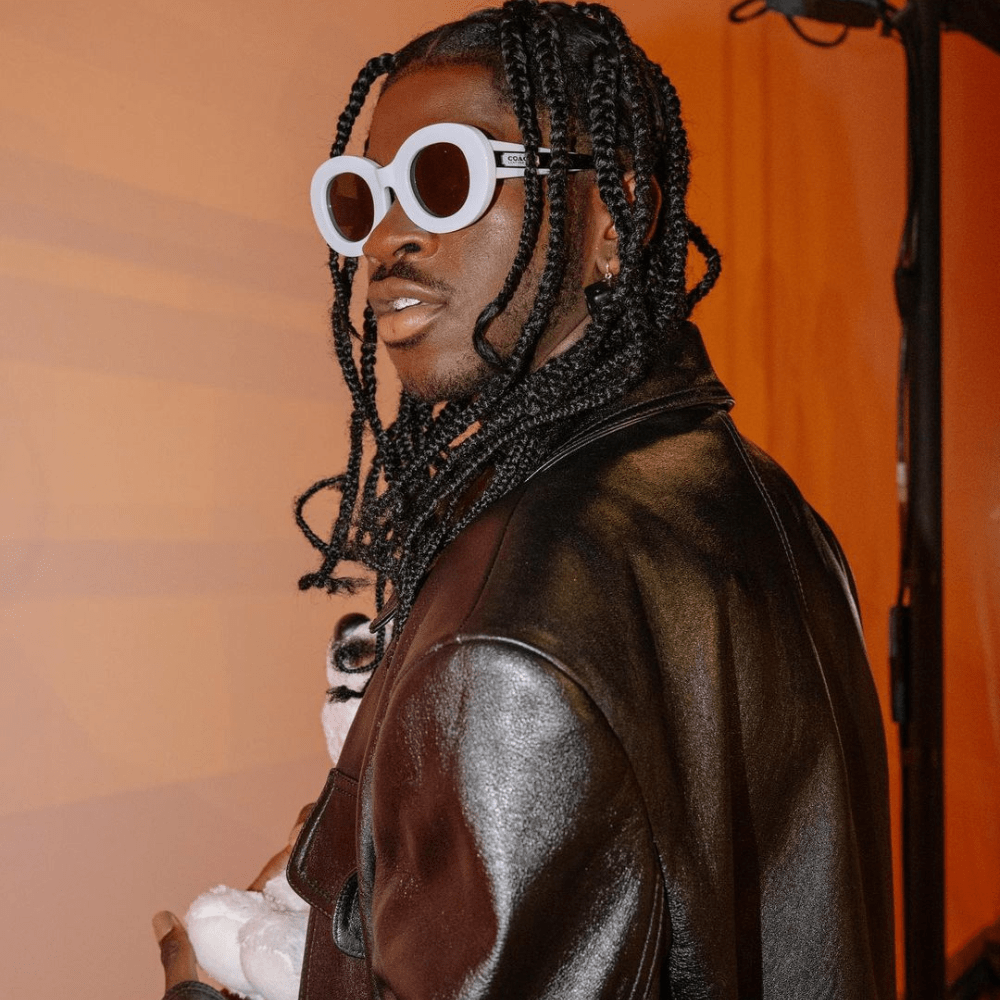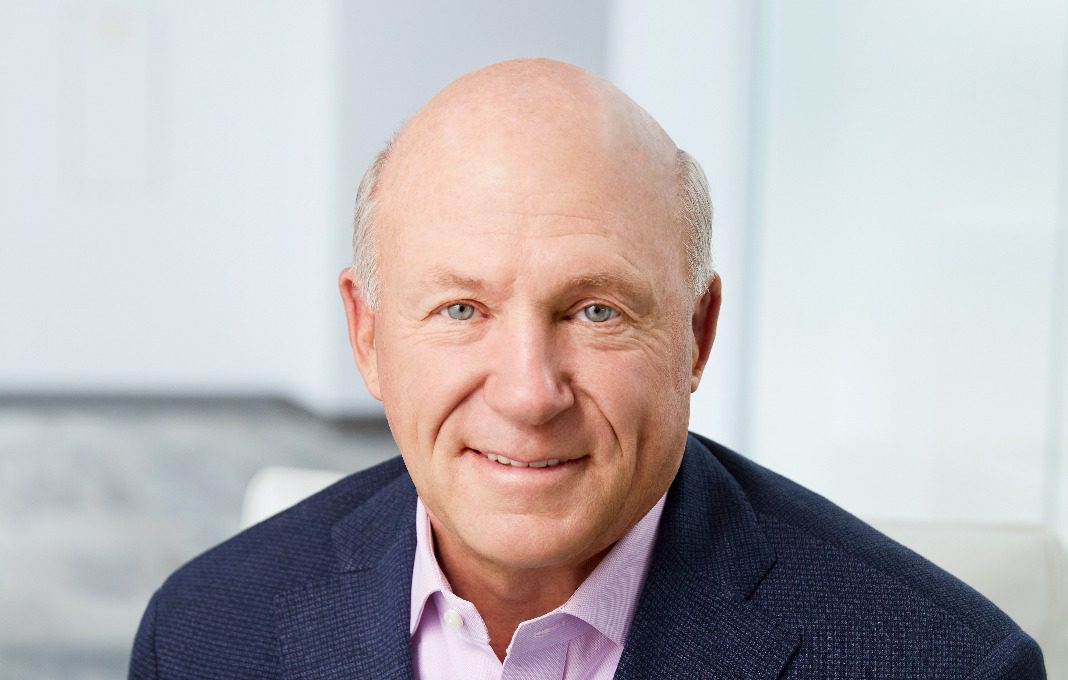Afo Verde is sitting in a brightly lit conference room in Sony’s Manhattan headquarters, texting with Rosalía. The Catalonian singer, songwriter, dancer and all-around dynamo was in São Paulo, the night before, performing in front of some 8,000 people on her Motomami world tour, and now she’s in Buenos Aires, in Verde’s native Argentina, with some time to kill before she plays two nights back to back at the city’s Movistar Arena. “Last night she killed it in Brazil; now she’s in Buenos Aires, asking me, ‘Where can I have great pasta?’ ” Verde says with a laugh. “I’m sending her recommendations.”
Restaurant reviews for South American cities aren’t typically among the services offered in standard recording contracts. But Verde, the chairman/CEO of Sony Music Latin-Iberia for the past decade, doesn’t run his company like a typical record label, and his artists often don’t sign typical contracts.
Over the past several years, Verde has instead positioned Sony Latin as more of a central hub for creativity, with a web of intertwined contractual connections with many top Latin acts through a variety of deals and associations (an approach he’s able to take, he says, “because of a person called Rob Stringer” — and the Sony Music Group chairman’s ethos of “a music company trying to do the right things”).
Afo Verde and Rosalia at the Sony Music Latin convention in 2019 in Miami.
Kike San Martin
Some, mostly veteran, artists are signed directly to the label (Marc Anthony, Shakira, Romeo Santos); others are signed in partnership with Sony-owned distributor The Orchard (Anuel AA, Ozuna), with Sony Latin handling marketing and other services; and still others are connected through minority investments and joint ventures that Sony has made through artists’ management companies and independent labels such as Walter Kolm’s WK Entertainment (Maluma, CNCO, Prince Royce), Federico Lauría’s Dale Play Records (Bizarrap, Duki, Nicki Nicole) and Nelson “Polo” Montalvo’s La Buena Fortuna (Residente, Kany García), among others.
Still more partnerships — most notably with Noah Assad’s Rimas label, home to superstar Bad Bunny — involve distribution deals directly through The Orchard (though Verde still refers to both the company and those artists as “family members”), while he initially signed Rosalía in Spain before inking a frontline deal for her with Columbia Records. (Sony also bought leading Brazilian label Som Livre in a $255 million deal that closed in February.)
It’s a formula that has led Sony to an industry-leading 45.1% market share in Latin music in the United States in 2022 so far, according to Luminate. “I didn’t want to be a tax agency, asking for percentages,” Verde says, explaining his approach. “So we bought percentages of management companies in the region; so in some cases, artists want one of our companies to be their managers, and that’s cool. As long as they feel that they’re receiving what they want, I’m happy. And that’s what is happening. I love that, from the pure distribution agreement to a full-service marriage, if they’re happy, if they’re enjoying that, we’re doing the right thing.”
Afo Verde photographed on September 1, 2022 at 5020 Studio in Miami.
David Needleman
Verde got his start as a musician and producer in Argentina before making the jump to A&R in the mid-2000s, then to president of Sony Music Latin in 2009 and his current role in 2012 — and he has honed that artist-first philosophy along the way. “Sony, at least as a solo artist, has been part of my growth, and Afo has been my ally,” says Romeo Santos, who has been signed to Sony as both a solo artist and with boy band Aventura for most of the past three decades. “He has understood all my musical whims. He has always been there for me. His entire team has, but he’s the person I always turn to.”
Animated, quick to laugh and self-conscious about his grasp of English despite his clear proficiency, Verde is fond of metaphors, describing the business, and the company, in which he arrived more than a decade ago as a soccer team with the right players in the wrong positions, and himself as the coach who needed to reorient the squad with a new, music-first philosophy. So he did what any record executive would do in that situation, at the nadir of a business that had been decimated by piracy and freely accessible music: He signed a chef.
“It didn’t happen in our world, that a record company would sign someone who wanted to cook, who doesn’t want to sing at all,” he says. But it forced his team to think outside the box about ways to market and promote her, partnering with a cleaning company (“After you cook, you have to clean,” he reasoned) and releasing a series of cooking-class videos paired with music from Sony Latin artists. “I learned more than ever that any person can have the right skills to reach amazing goals, but it’s about doing your part as a leader and helping them and learning, ‘OK, this is a goalkeeper, this is a striker, she can be the coach.’ It was about that.”
Thinking creatively to find solutions that fit individual artists is a calling card of sorts for Verde, and one that has led to a deepened relationship between The Orchard and Sony Latin in recent years. “Afo is passionate and driven,” says The Orchard chairman/CEO Brad Navin. “In some ways he’s ahead of the rest of the industry, which is just catching up to what he has been saying for years about the Latin market’s rich and diverse talent pool. He has been there, he lives it, he walks the walk, and he talks the talk, and I think when you put the artist first, the rest will follow. That’s the business that we’re in. And that’s what he does as well or better than everybody.”
Ricky Martin and Afo Verde at Hit Factory Criteria Studios in 2019 in Miami.
Chino Lemus
For some record executives, it might seem frustrating, even counterintuitive, to not be in the Bad Bunny business at a time when the artist is the leading light of not just Latin but all popular music in the United States — his Un Verano Sin Ti is the No. 1 album of the year so far, according to Luminate, and he has a pure distribution deal through The Orchard. But Verde doesn’t see it that way; to him, the broader Sony infrastructure is an extension of the options he himself also provides for his artists.
“I love Noah, Bad Bunny, and I love Rimas — they are a great, 100% independent company, period. We can have a beer, we can have fun; if they need us, we are there; but they do everything on their own,” he says. “It’s not about, ‘This is mine.’ It’s about, ‘How can we help these human beings that are extremely talented so they can reach their goals?’ And sometimes, I need my partners.”
Ultimately, “We have success when the artist is having success,” Verde says. “It’s a person that decided to invest his or her life into being an artist and decided to believe in what we can do at Sony Latin.”
Afo Verde photographed on September 1, 2022 at 5020 Studio in Miami.
David Needleman
This story will appear in the Sept. 17, 2022, issue of Billboard.












































































